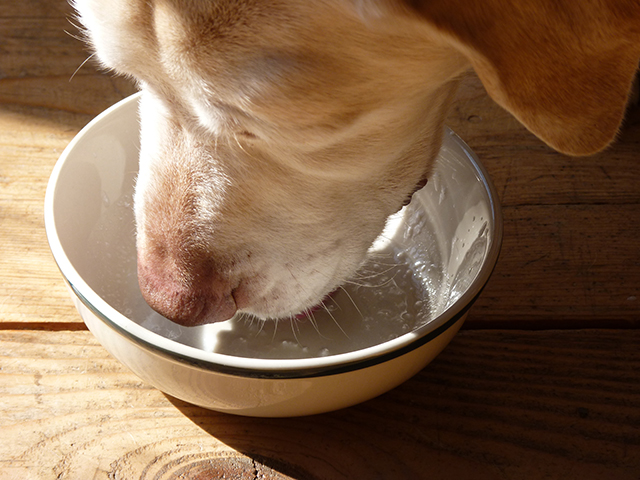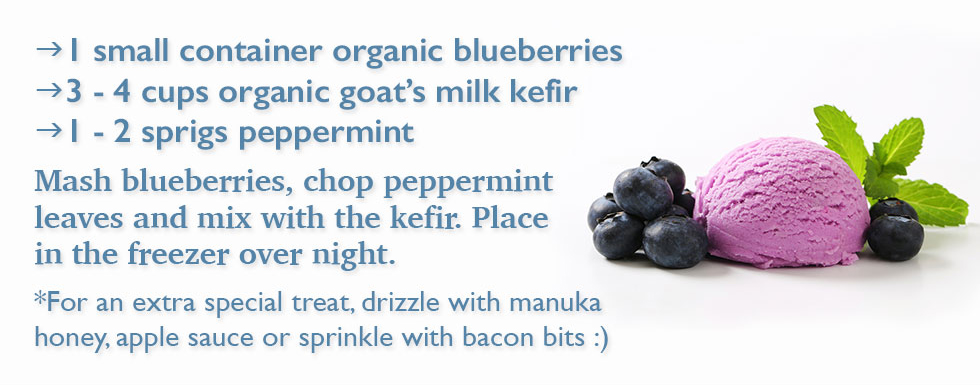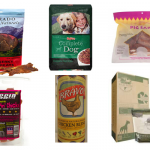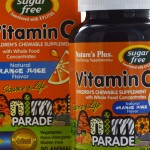According to the Journal of American Medicine, “Goat milk is the most complete food known.” It contains vitamins, minerals, electrolytes, trace elements, enzymes, protein, and fatty acids. In fact, the body can digest goat’s milk in 20 minutes. Having fat molecules one-fifth the size of those in cow’s milk makes it easily digestible and tolerable even for dogs with digestive issues. Raw goat milk is a source of easily digested probiotics that can help with many chronic diseases, including:
- Liver disease
- Heavy metal poisoning
- Malnutrition
- Kidney disease
- Kidney stones
- Diabetes
- GI disease
- Poor digestion
- Diarrhea
Fermenting goat milk adds another layer of nutritional value. The fermentation process adds more probiotics which metabolize the lactose in milk and combine with its other nutrients to create the above health-supporting compounds.. Although fermented milk and dairy foods have been consumed for thousands of years, we’ve only recently begun to understand their benefits in fighting modern chronic illnesses such as arthritis, irritable bowel syndrome, gastric ulcers, colitis, intestinal pathogens and even brain disorders. Native peoples in about every country consume some type of fermented milk product, each with its own unique name yet very similar in its composition. Some examples include langemilk in Sweden, dahi or chaas in India, orjan in Greece and skuta in Chile.
Kefir, a fermented milk drink, has recently gained popularity in the US. Traditional Slavic people used a starter culture consisting of multiple strains of yeast and lactic acid bacteria added to either cow, goat or sheep milk. The starter culture medium for kefir is often referred to as kefir grains because of its grainy, cauliflower-like appearance. Kefir grains were passed on from family to family to sustain the active cultures. Until the mid 1800s, most milk in America was consumed fermented, referred to as sour or clabbered milk, and also cultured buttermilk.
Consider The Source
The nutritional value of goat milk does depend on the diet and overall health of the animals that are producing it. Goats that are pastured and grass fed in a low stress environment, free of antibiotics and free of GMO feeds will produce far better quality milk. Processing, such as pasteurization or spray drying, will also lower the nutritional value of the milk.
If using a fermented goat milk or kefir, make sure it’s made from raw milk – lactic acid bacteria will thrive best on unadulterated milk that hasn’t been damaged by excessive heat. The probiotics in raw goat milk are also less likely to be destroyed by hydrochloric acid and bile salts in the digestive tract. Probiotics in pill and powder form won’t have the same value because they can be destroyed.
Adding a raw fermented milk to your dog’s diet can provide enzymes, probiotics, powerful antioxidants, essential fatty acids, concentrated vitamins (such as essential vitamin K2) and trace minerals in a live, whole food form.
You may be able to find a high quality fermented goat milk or kefir in your local health food store or online. You can also make your own goat milk kefir at home. Making kefir is surprisingly simple: Cheeseslave has a great instructive blog post on how to make kefir at home. You can buy kefir grains online at sites such as Culture for Health, and if you take care of the culture, it should last indefinitely. Making kefir from raw dairy products is ideal, but if you don’t have access to raw dairy, you can use organic full-fat dairy, preferably from grass fed animals.
Check out this healthy and tasty treat for your dog!












